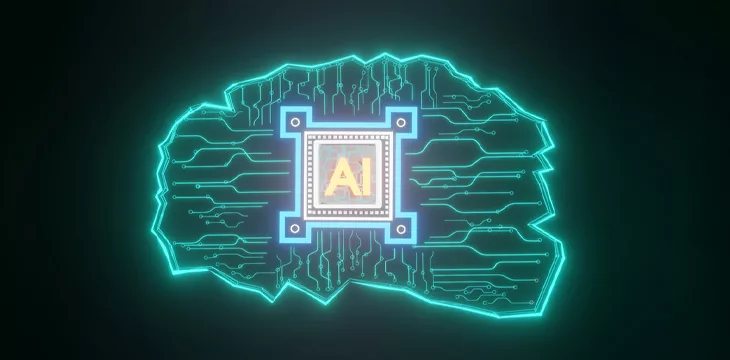|
Getting your Trinity Audio player ready...
|
A report by the U.S. Government Accountability Office (GAO) outlined its findings on artificial intelligence (AI) use cases in the Department of Homeland Security (DHS).
The report noted how some of the AI use cases listed by the DHS were mischaracterized as such and that steps had not been taken to verify the data used by AI models was reliable.
Under Executive Order No. 13960, federal agencies are required to maintain an inventory of AI use cases. As this report shows, some aren’t even sure what real AI use cases are, let alone whether the data used for the models is accurate and reliable.
While only training can help with the first concern, blockchain technology can help with the latter.
How blockchain can help ensure data integrity
In its report, GAO outlined eight recommendations for the DHS going forward. These include clearly defining roles, setting up metrics to measure progress, and documenting the sources and origins of data used, among others.
However, documenting the sources and origins of data will not necessarily ensure it is accurate and valid. Databases can be compromised and corrupted, and the origins of the data fed into them can not always be verified. In other words, it’s of little use to document the source of a given piece of data if the source itself isn’t confirmed legitimate.
This is where blockchain technology can help. Scalable public blockchains are, in their essence, distributed databases. Every interaction with them is time-stamped and dated. In this way, blockchains are an immutable source of truth with no single party in control.
For example, if an agency stores its data on a node linked to the BSV blockchain, it will be recorded every time someone accesses the database, alters it, or changes anything. Thus, government agencies like the DHS, companies, and individuals working with any program utilizing data can be certain of its origins and that it hasn’t been tampered with.
Unlike centralized databases, data loss is dramatically less likely on the blockchain. Due to their decentralized, distributed nature, no single party controls them, and should one node go offline, the data is stored on others. In short, there’s no single point of failure.
Furthermore, blockchains introduce a level of transparency and accountability hitherto unseen in data management. Humans play an inevitable role in uploading, transferring, and managing data, and since every interaction with it can be tracked and traced on the blockchain, administrators and employees tasked with ensuring data integrity can be held accountable like never before.
The traceable nature of blockchains also has implications for data provenance. A transparent and verifiable history of every piece of data back to its origin can ensure it is reliable, and micropayments can even compensate the owners of a given piece of data should that be desired or required.
AI is only as good as the data we feed it
AI experts worldwide have been singing from the same hymn sheet since the technology rose to prominence a few short years ago. Uniformly, they tell us that AI models are only as good as the data we give them.
Blockchain technology can ensure the data is as good as gold. When inevitable human errors are made, they can be tracked, traced, and corrected more easily.
Blockchain technology was made to ensure data integrity; thus, it can have a symbiotic relationship with AI. Learn more about scalable public blockchains here.
In order for artificial intelligence (AI) to work right within the law and thrive in the face of growing challenges, it needs to integrate an enterprise blockchain system that ensures data input quality and ownership—allowing it to keep data safe while also guaranteeing the immutability of data. Check out CoinGeek’s coverage on this emerging tech to learn more why Enterprise blockchain will be the backbone of AI.
Watch: Blockchain & AI—there should be confluence between these tech

 02-27-2026
02-27-2026 




